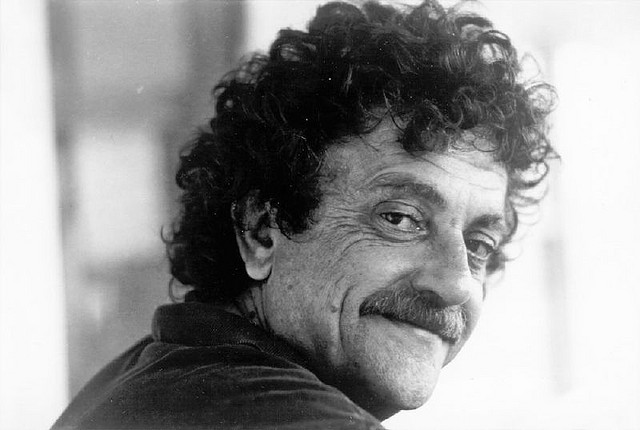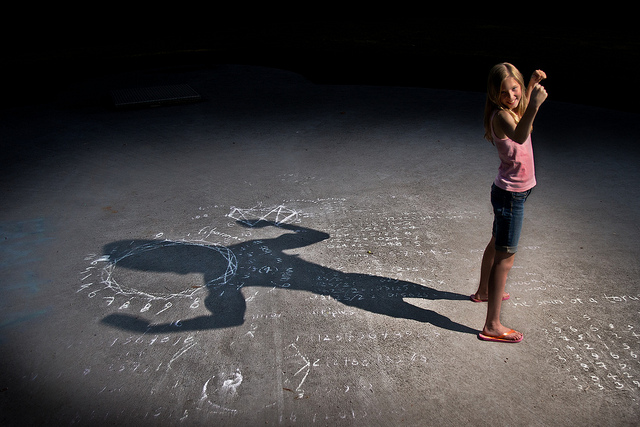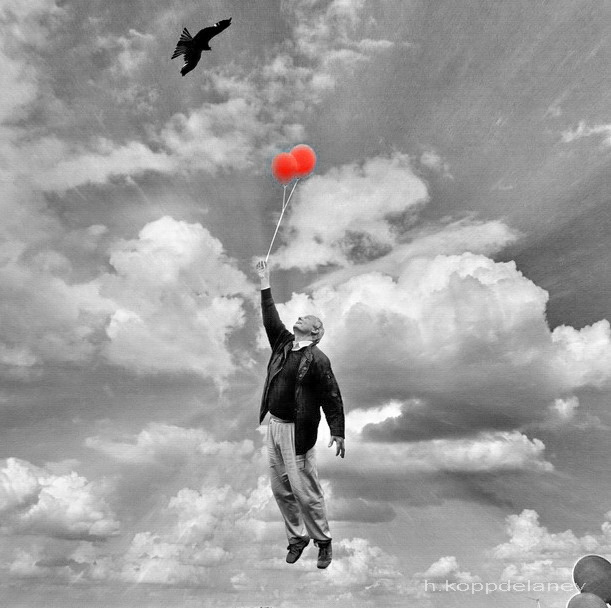
I don’t have life all figured out.
That’s not to say I don’t have a good life. I’m a respected writer, my marriage is wonderful, I travel regularly and I have a son on the way. I’m happy with the way things are going.
But this hasn’t always been the case. A few years ago, while I was graduating with my Master’s degree, I went through a short period of turmoil. I was stressed out and uncertain of the direction my life was taking. I felt lost and confused.
It’s only been through hard soul-searching, consistent effort and a dash of luck to get where I am today.
And I’m fully aware that life has a tendency to make radical changes without your consent. What’s good for me today might change tomorrow.
So even though things are going well right now, I still wouldn’t say I have life figured out.
To be honest, I don’t see life as something you can “figure out” anyway.
Talking about life as something to “figure out” makes it sound as if it’s a toaster you can simply take apart to see how all the components work. Life doesn’t come with an easy guide to reference when it gets out of whack.
Life is a complex beast with intricate workings that are constantly changing. Once you think you’ve figured out the rules, an invisible hand comes along and changes them so you have to relearn them all over again.
That invisible hand has changed how I live many times. Shortly after I learned how to live as a bachelor, I had to learn the rules of a solid marriage. Now that I know how to do that, I have to learn the much different rules of being a good father.
My circumstances and situations have changed so consistently over the past few years that I’ve been basically improvising my way through it all, learning as I go.
This isn’t new either. My life has gone through a constant series of changes and I’ve been improvising my way the entire time.
Shakespeare once wrote that “all the world’s a stage, and all the men and women merely players.”
If Shakespeare’s right and our lives are akin to acting on the stage, then our performance is pure improv. There’s no playwright handing us scripts to read from. This thing we call life is done purely on the fly.
That’s not just me. Everyone around us is just making it all up as they go.
By definition, improv is something you can’t predict. Someone or something will always come along to change the scene or dialogue. All you can do is adjust and adapt to the new situation presented to you.
So in that sense, life is an act of creation. By adjusting to new situations and interacting with others and our environment, we’re creating something new every single day.
So if life is a creative process, that makes it much closer to art than science.
And while I’m a big fan of science and I think it’s an extremely useful and valuable tool for making our lives better, it has its limitations.
It has little to offer in terms of meaning. What direction should my life take? What values are important to me? Who am I as a person?
These are all forms of self-discovery. Our answers are personal and might be confusing to outsiders and even ourselves. These subjective viewpoints are beyond science’s capabilities to explain.
That’s life though; it’s a giant mystery. We’re constantly exploring and experimenting our way to full, happy lives. There’s too much uncertainty about the future and personal changes to go through to completely say you’ve figured it out.
But really, would you want it to be any other way?
If living is art, then we should all heed the wisdom of Edward Abbey: “great art is never perfect. Perfect art is never great.”
Life is imperfect – it’s much too complex to be otherwise. We don’t always get what we want. Sometimes what we strive for doesn’t succeed.
But maybe that’s exactly the way it should be.
Perhaps a good life is one where we fumble and experiment our way through it. There isn’t anything wrong with making more errors than successes. Even the best artists accept that they’ll make a lot of bad art throughout their careers. That’s the process of making good art – and good living.
As you live your life, you’ll make mistakes. Even the greatest improv actors occasionally flub their lines or make silly, stupid errors.
In fact, the minute you’ve figured out life is the time to sit back and re-examine your situation. You might just be missing something.
And remember this: great lives are a lot like art – it may never be perfect, you may never be able to fully understand it, but once your masterpiece is finished, you can sit back in awe over your unique and wonderful creation. As weird as it may sound, that idea makes me grateful that I can’t figure it all out.
photo credit: kylesteed







